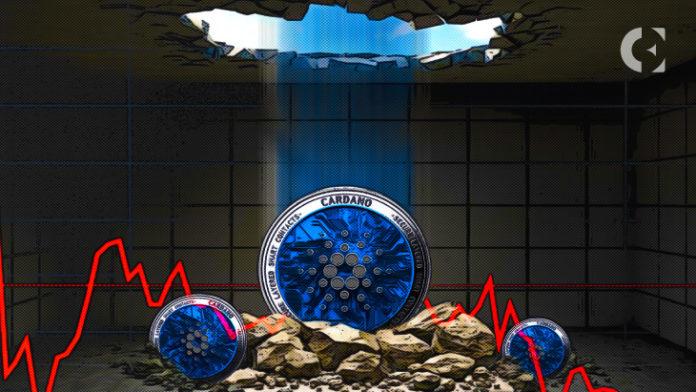Need extra cash to renovate your 1970s-era kitchen? Or maybe you'd like funds to pay down your high-interest-rate credit card debt or pay off a chunk of your children's college education. If you're an active-duty member of the U.S. Military or a veteran of the Armed Forces, a VA cash-out refinance might be a way to get those dollars.
VA loan basics
A VA loan is a mortgage insured by the U.S. Department of Veterans Affairs and is available to veterans and active members of the U.S. Military, National Guard or one of the reserve units of the U.S. Armed Forces. You might also qualify for a VA loan if you are the surviving spouse of a veteran of the U.S. Armed Forces.
There are several reasons why VA loans are so desirable. First, they require no down payment. VA loans also do not require borrowers to take out mortgage insurance, another significant source of savings.
Time for a VA refinance?
But what if you already have a VA loan, or any other type of mortgage loan, and you want to tap your home equity to pay for a major home-improvement project or to help cover your children’s college tuition? The VA doesn't offer an option for home equity loans or lines of credit. However, a VA cash-out refinance may be a good solution.
A VA cash-out refinance allows borrowers to refinance an existing VA or conventional mortgage loan into a new VA loan. The "cash-out" part of this loan happens when borrowers refinance to a loan that is larger than what they currently owe on the original mortgage they are refinancing.
Say a homeowner owes $150,000 on an existing loan. If they refinance that mortgage to a VA loan for $180,000, they can take that extra $30,000 in cash to use for any purpose, from paying for home-improvement projects to paying down credit-card debt or paying for a much-anticipated vacation.
Up to 100 percent

One of the main benefits of a VA cash-out refinance is that homeowners can refinance up to 100 percent of their home’s current value.
Say your home is worth $210,000 and you owe $150,000 on your mortgage. You can refinance for a new loan up to $210,000 and use the extra $60,000 in cash for whatever you want.
"If you have equity in your home and you are at a point in life where you could use some extra cash to pay for additional schooling, make some home improvements or just pay down debt, the VA loan cash-out refinance might be what you are looking for," said Mark Hanni, marketing specialist with Lindon, Utah-based Low VA Rates.
Even better? Hanni said that homeowners don't even have to be paying off an existing VA loan to close a VA cash-out refinance.
Homeowners can use this program to refinance an existing conventional mortgage loan -- one not insured by the U.S. Department of Veterans Affairs -- into a VA loan. If they refinance that conventional loan for more than what they owe on it, they can then take out cash while getting a VA loan.
Limits
There are limits, though, mostly in who can qualify for a VA loan. If you haven’t or aren’t serving in the U.S. Military, you can’t take out a VA loan. This loan type is designed as a benefit to reward those who have served in the Military and isn’t open to civilians.
Note too, that while the VA itself does not offer an option for home equity loans, VA borrowers who do not wish to refinance can apply for a regular home equity loan or line of credit outside the VA system.

Andy Dane Carter, owner of Andy Dane Carter Realty, Inc. in Los Angeles and author of 100 Doors: Building Wealth Through Real Estate Cash Flow, agreed that VA cash-out refinances, and VA loans in general, come with several positives.
But he did warn homeowners about refinancing for the wrong reasons. He recommends, too, that homeowners have a plan for how they are going to spend their cash-out dollars and that they stick to that plan.
“I have seen homeowners take out a cash-out refinance with the purest of intentions,” Carter said. “But then they receive that $30,000 or $40,000 check and they decide to take a vacation or buy this or that. Suddenly, they’re down to $25,000.”
Carter says that if you planned to use your refinance dollars for a kitchen remodel or to pay off high-interest-rate credit card debt that you immediately use those funds for that purpose. This will reduce the temptation to spend this money on unplanned expenses.
“You want to really think about what you want to use that money for,” Carter said. “Is this the best use of the money for you and your family? That’s what you have to consider before even taking out a cash-out refinance.”





